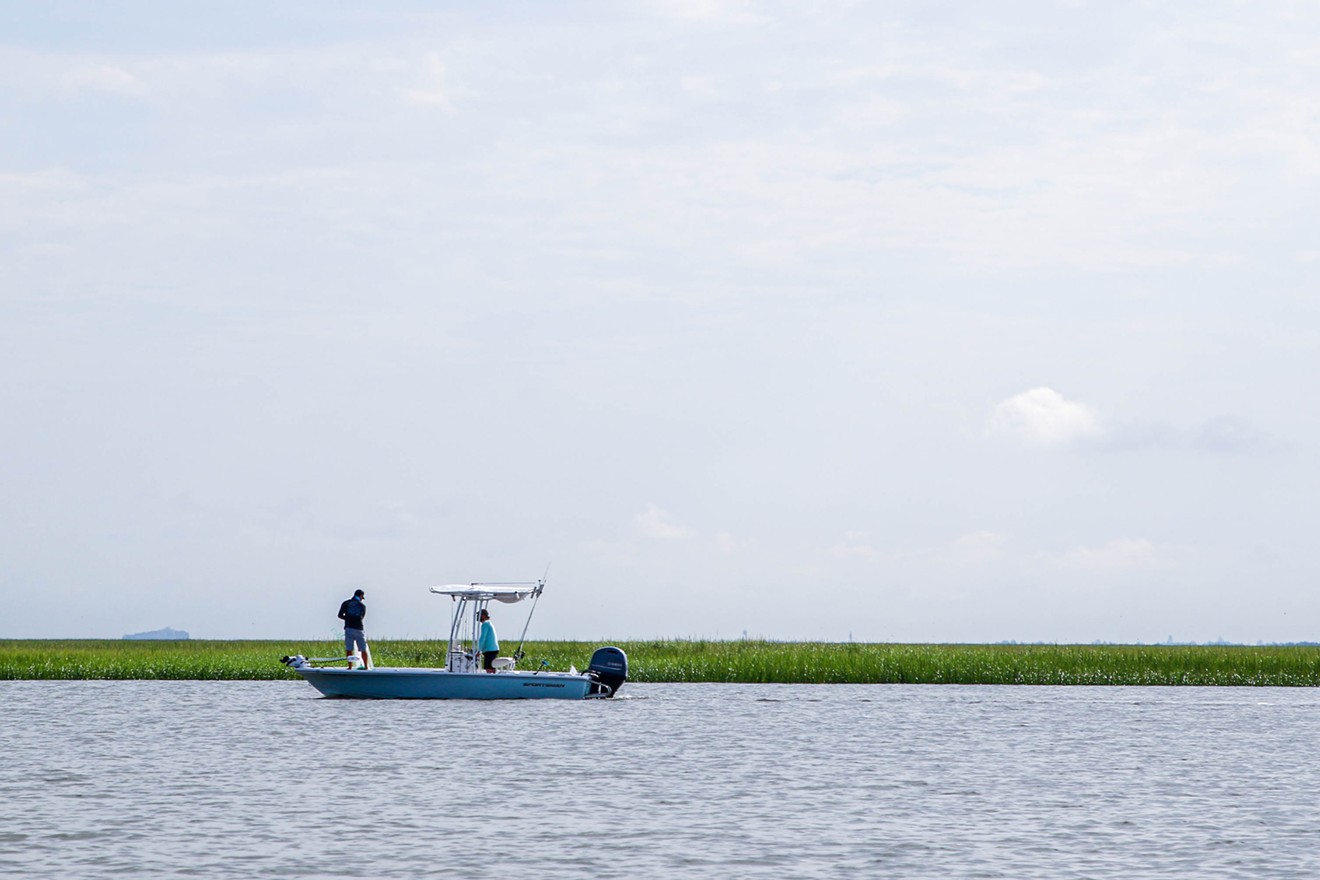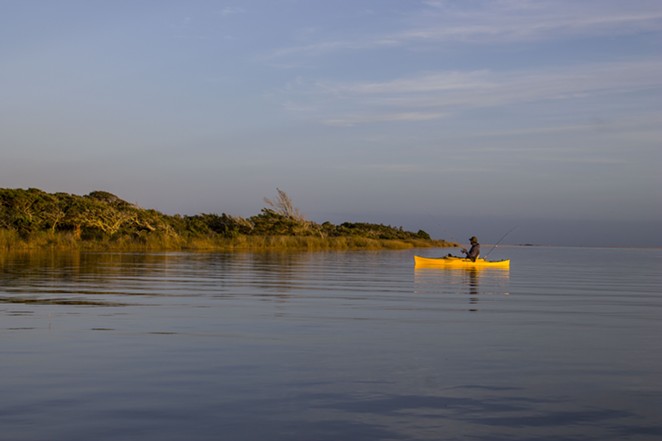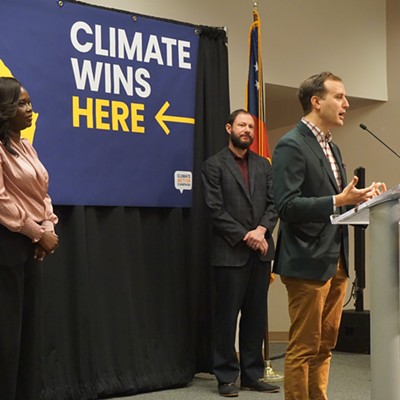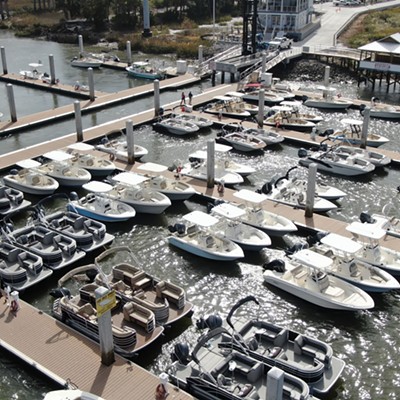When you see someone casting a line at the pier or going out fishing on a boat you might not think they’re having a big impact on the state’s economy. After all, they’re ostensibly just trying to catch some fish for themselves. However, a recent study shows that recreational fishing actually does a lot for Georgia’s economy.
The study was conducted by the University of Georgia Marine Extension and Georgia Sea Grant. It found that over $223 million was spent on saltwater fishing activities in Georgia in 2022. The spending ranges from fishing equipment to transportation, lodging, restaurant-going and more that is part of going to the coast to fish.
Georgia Sea Grant’s Coastal Economist Eugene Frimpong tells Connect Savannah that he didn’t realize how big of an impact recreational fishing was having on Georgia’s economy when he started the study.
“I knew it was significant, but I learned it’s a really big sector contributing to Georgia’s economy,” Frimpong says. “It’s fascinating how these expenditures that recreational anglers spend trickle down through other sectors to impact Georgia’s economy.”
Frimpong says thanks to Georgia’s temperate weather people can pretty much fish all year round. That’s obviously attractive to people who live in colder areas where they might not be able to fish for part of the year. Some people fish to eat, he says, and others just throw the fish back. They often come from areas near Savannah, further out in Georgia and also from other states.
“It’s important not just to Georgia as a whole but the communities and counties where these activities occur,” Frimpong says. “These recreational anglers have to spend money on fishing reels, tackle, bait. They have to spend money on transportation. They have to pay for accommodations, as in lodging. These expenditures significantly impact the coastal economy.”
The researchers found the top three recreational fishing species are sea trout, red drum and flounder. The top three fishing counties were Chatham, Glynn and Camden. He says the people who come to the Georgia coast to fish really cherish the natural beauty and the environment.
Katie Easterlin is the co-owner of Georgia Bight Charters, which is an eco-tour company in Savannah that takes people out on fishing trips and teaches them about the coastal environment and the different species of fish that are native to the area. They also get to see the dolphins out in the water, which the customers love. She says she sees firsthand how recreational fishing impacts the local economy.
“Most charter outfits provide tackle, reel, bait. All of that. The impact that you see in terms of those industries are coming from the captains themselves,” Easterlin says. “It’s a pretty common service to provide the charter license and the core supplies you need.”
Her customers also stay in local hotels, go out to restaurants, visit museums, go shopping and more. Easterlin says they’ll often ask her where to go and what to do nearby. She says most of her customers come from the Atlanta area, but she also gets people from other parts of the country.
“We get all sorts of people coming specifically to this area. We’ll get people who are inexperienced and experienced,” Easterlin says. “People who are experienced usually come to this area to target redfish and trout.”
Easterlin does worry about overfishing, though. She says the Department of Natural Resources was considering reducing the catch limit in Georgia, but there was a lot of pushback from individual fishermen. She says the people who were pushing back were the ones who probably aren’t out on the water every day like the boat captains are. The captains of the boats were mostly on board with lowering it because they’ve seen the fish populations decline in recent years.
“The consensus among the captains was to reduce the limit. We can see that the population is decreasing dramatically” Easterlin says. “Fishing now is different than it was, say, 10 years ago.”
Warming waters caused by climate change are affecting the fish populations in the area, Easterlin says, so they have to be cognizant of that. Fish that are used to one temperature of water might migrate if it starts warming up where they typically live. Since her business is focused on eco–tours and educating people about the environment, this is all top of mind for Easterlin.
“It’s just amazing being able to be out on the water and see all of the marshes and just experience the beauty of this area. I never regret going out on the boat,” Easterlin says.
Recreational fishing isn’t just a hobby that some people enjoy in Georgia, it’s a major driver of economic growth in the state. It remains to be seen how climate change could impact the industry, but for now, it’s bringing people to the coast from other parts of Georgia and all around the country.



























